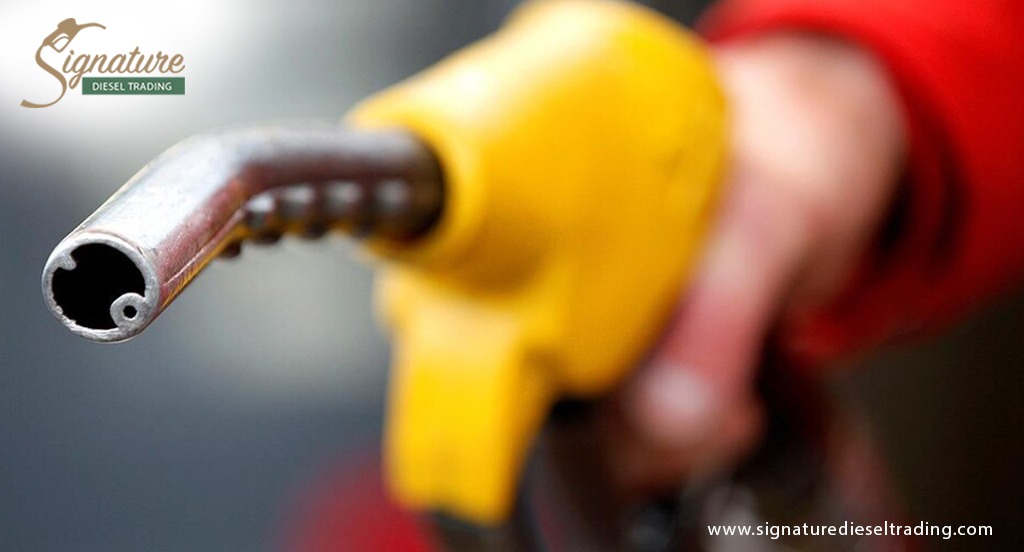
OUR STORIES


Now we are on the third blow of Corona Virus all over the globe. One of the major fluctuations shown in the oil industry is its structural decline. The oil exporters and diesel fuel suppliers are mainly facing two difficulties due to this pandemic. First one is global economic contraction and the second one is oil market collapse with benchmark price for US crude oil.
Demand for diesel fuel after the pandemic, abruptly hit the market very hard. This is because of dependencies of many other countries on reliable Diesel fuel delivery companies from UAE. Even though there are other developing countries trying to expand their oil sectors as their future economic growth, effects of covid-19 in Diesel Supplier industry is worst.
During the first lockdown time, the demand for diesel fuels decreased but after the lockdown, the necessity for petrol and diesel increased to an unpredictable level. This is because of everyone opted their own private transportation than unsafe public transportation and also the less availability of public vehicles.
Increasing demand for clean diesel fuels in developing countries contributed in a sudden rise on fuel supply. But surprisingly, the pandemic hit the oil rates in an adverse way. After the 2008 economic crisis, this 2019 was the largest hit for fuel industry. While considering two different scenarios, that is, demand side and supply side, the pandemic represented the largest cut/decline in the history of the cartel. Let’s check both sides.
The average monthly change in selling price made by domestic producers is measured by Producer Price Index (PPI). While US purchases crude oil from producers, the PPI varies. Thus, the PPI calculation for crude petroleum is based on a monthly price data. Normally, US Bureau of Labor Statistics (BLS), revises the price after 4 months of initial publication. But in the case of crude oil, the Import Price Index for crude petroleum is calculated with data from two U.S. Energy Information Administration (EIA) sources.

In January 2020, due to the starting of Covid-19 and Chinese new year celebration, oil demand decreased by 3 million barrel per day. Which represents 20% of country’s oil requirements. As the pandemic continued to spread all over the world, Saudi Arabia, the world’s second-largest oil producer behind the United States, urged fellow Organization of the Petroleum Exporting Countries (OPEC) members and Russia to cut production. Russia, the world’s third-largest oil producer, then repelled the call for further reductions in response to the pandemic. Saudi Arabia and fellow OPEC members Iraq and the UAE began reversing production cuts. Prices dropped in March and April 2020. As this was the case with producer prices, the March and April declines in the Import Price Index were the largest 1-month decreases.
World petroleum supplies recovered somewhat after July. In addition, the countries that had previously reduced production beyond agreed amounts reversed those cuts.
The recurrence of SARS-COVID-19 cases in the United States and other countries, as well as travel restrictions, led to a slower-than-expected recovery.
There had large fluctuations in the prices for all refined petroleum products during the first half of 2020 contributed by COVID-19 pandemic. However, changes in demand and refiners’ reactions aiming to reduce output and shift toward more profitable fuels had impacts on specific petroleum products, such as jet fuel, diesel fuel, and gasoline. Decreased fuel demand due to voluntary consumer choices, mandated stay-at-home orders, and international travel restrictions—combined with crude oil oversupply, produced record declines in the PPIs for jet fuel and gasoline in April 2020.
Signature Diesel Trading is a leading diesel fuel trading companies in UAE which has earned a name for itself in this highly competitive market. Their premium quality low sulphur diesel fuel with efficient distribution across the UAE and outstanding customer service has helped them to become one of the best diesel trading companies in the United Arab Emirates.